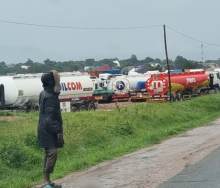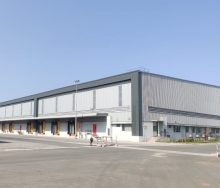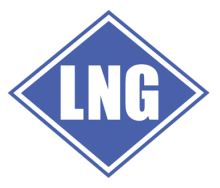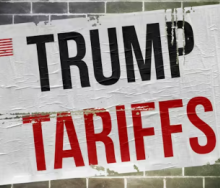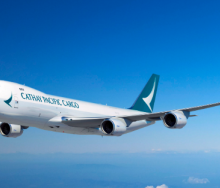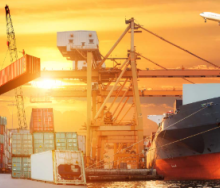Maersk Line is set to introduce a bunker adjustment factor (BAF) surcharge on January 1, 2019, to prepare for the sulphur cap that comes into effect a year later.
According to the company the new charges will “enable customers to predict, plan and track how changes in fuel price impact the shipping freight rate”.
Vincent Clerc, chief commercial officer for the container carrier’s parent company AP Moller-Maersk, has welcomed the reduction of sulphur in fuel – from 3.5% to 0.5% – that liners will have to comply with by January 2020.
“We fully support the new rules. They will be a significant benefit to the environment and to human health,” he said.
The cap, announced by the International Maritime Organisation in 2016, will require ship owners to invest in compliant fuels, liquid natural gas, or scrubber technology at significant cost.
Estimates have put the additional cost for the global container shipping industry at around $15bn, and Maersk’s own fuel costs could exceed $2bn.
However, the reduction could substantially reduce harmful emissions that have been found to cause respiratory disease and acid rain by as much as 80%.
Clerc added that BAF surcharges, which would replace current standard bunker surcharges, were a user-method for customers to calculate the “significant shift” in price that would be passed down to shippers.


